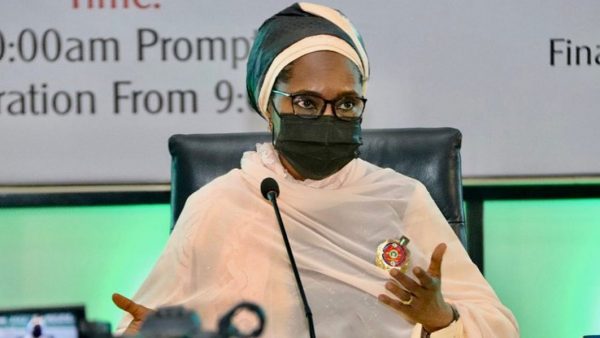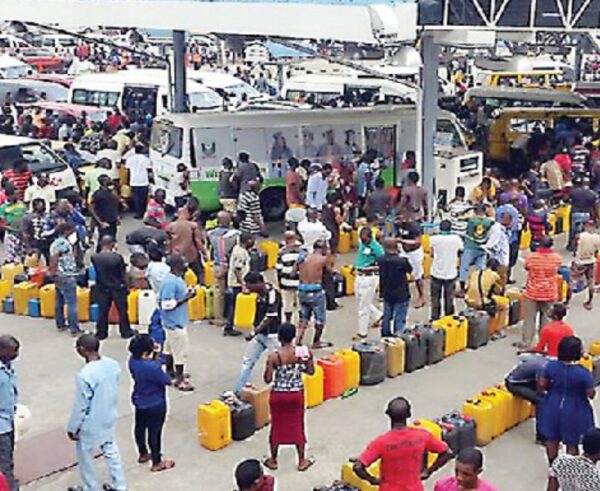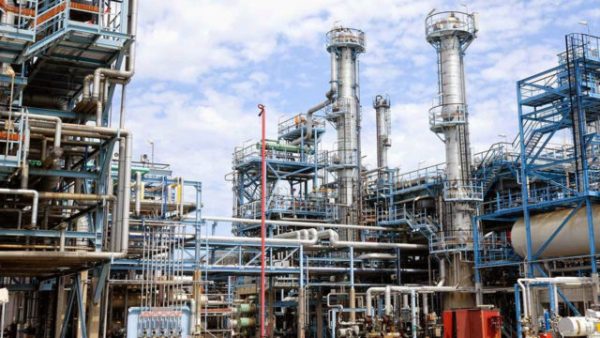New Forex Regime Fails To Attract Petrol Imports
The

recent decision by the Central Bank of Nigeria to abandon a peg of the naira to the United States dollar, in an effort to attract dollars liquidity to the nation’s currency market has failed to spur petrol imports as dollar demand continues to outstrip supply.
Nigeria is the West Africa’s largest petrol importer, taking around one million metric tonnes per month, as the country’s refining capacity is not sufficient to satisfy domestic demand of about 40 million litres per day, according to Platts, a US-based publication that provides information on energy and metals data.
The CBN’s decision to abandon the dollar peg in early June – previously fixed at around N197 – came at a time of dwindling foreign reserves due to lower crude oil prices and falls in production.
This has created the emergence of a parallel – informal – market, where rates have already reached peaks of around N360 to the dollar, sources said.
However, despite the free-floating of the currency, sources said liquidity remained low, curbing importers’ ability to buy dollar-denominated petrol on the wholesale market to sell on a naira-denominated basis.
In May, the government also cut the subsidy on imported petrol, allowing marketers to sell the product on the domestic market at a cap price of N145/litre, from around N86/litre previously, but private companies still face the challenge of a lack of dollars.
“There is still not enough length of the US dollar,” said a source active in the Nigerian petrol market, adding that the free-floating of the naira, which resulted in the official devaluation of the currency, had failed to attract liquidity to the official naira/dollar market and ultimately eroded demand for wholesale petrol.
One seller in the WAF-grade petrol market said there was a backlog of dollar demand, adding that “a crazy [amount]…needs to be found.”
“A lot of payments need to be made first so initial liquidity could be a while,” the seller said. “You need to see these Letters of Credit [from importers] in the US dollars.”
Values of West African grade petrol have been reflecting the tepid demand from Nigerian importers, continuing to slide to steep discounts to European petrol.








